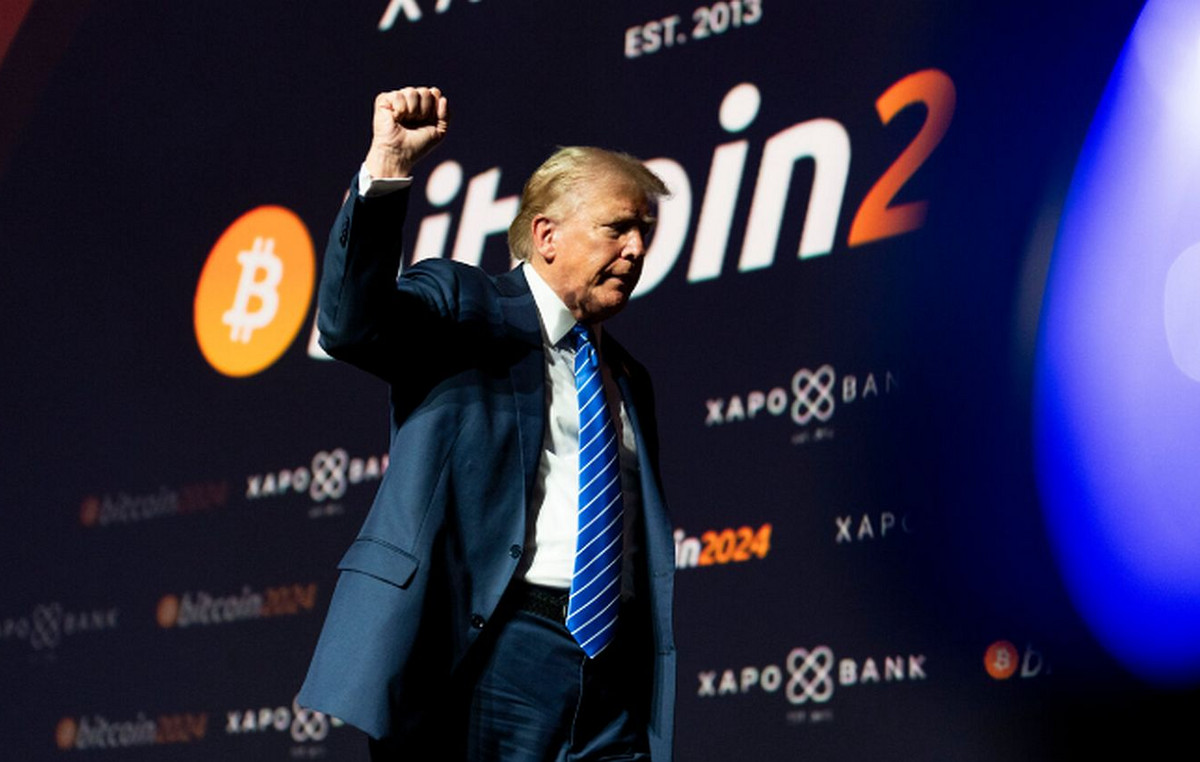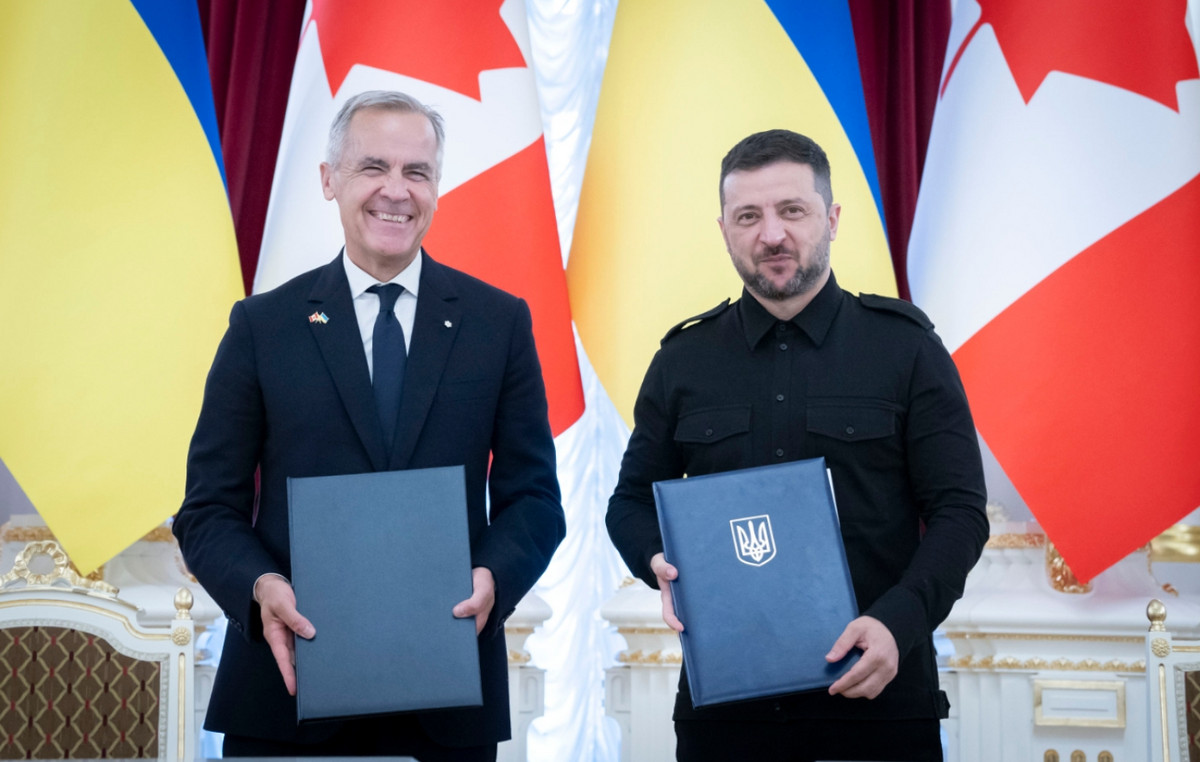In an interview with the Welt, the Turkish president’s scientific adviser tries to explain Erdogan’s policy in Ukraine.
Ibrahim Kalin is the secretive man of the Turkish president. He has been by his side for the last 15 years as a political advisor and mediator. In fact, many in his country believe that he may well hold high positions. However, he says that he is a “leading figure”, but not a party politician. In today The World attempts to explain Erdogan’s policy in Ukrainian. In other words, how is it possible, on the one hand, to give drones to Kiev and, on the other hand, as a NATO member state, to oppose sanctions against Russia? How is this done? the German journalist asks him directly.
“Do not impose sanctions on Russia”
“Countries form their own alliances with others,” he said. “NATO is the most important and most successful military alliance the world has ever seen. We are a key member of it. , as in Central Asia, the Caucasus, the Middle East or Africa, or that we can not have good relations with Russia or China.For us foreign policy is not a zero-sum game, where an alliance is possible only in weight of another “. The columnist calls on Kalin to give the stigma of Turkish diplomacy to the Ukrainian. “We are dealing with new challenges in the 21st century, so we need new rules and new principles, with which both sides can feel safe,” he said. “This does not mean that we should respond to every request from Russia, but we should listen to the Russians.” “Sanctions against the country do not work, but only shift the problem. It is better to listen to the other side and understand its strategic concerns. Russia feels threatened by NATO and Putin 30 years after the dissolution of the Soviet Union wants to draw new borders and renew strategic alliances “. To the journalist’s remark that no one can get along with everyone, and if Turkey is an exception, he responds as follows: “We look at foreign policy from a 360-degree perspective. We never push someone away when they reach out to us. It does not mean that we have to agree on all areas, not even with Russia, we do not recognize the annexation of Crimea, we do not support the policy in Syria and the Wagner “Libya. But we do not need to fight over that.”
Elsewhere in the interview, Ibrahim Kalin becomes even more personal. “Listening and advising does not mean accepting all proposals,” he said of his relationship with Erdogan. “When he makes a decision, he defends it to the end. That characterizes a strong leader, I admire his political instinct.” He says he is optimistic about managing inflation and puts it in the press. “The so-called experts, and with all due respect I include the journalists, are constantly making mistakes. I jokingly tell them that if you had another position, you would have been fired ten times.” Finally, regarding his country’s relations with Germany, Ibrahim Kalin emphasizes that it is not at the level he would like. “We need to focus on re-aligning our strategic interests and historical views.”
Giannis Stournaras sends messages of optimism
“Greece in the process of recovery” is the title of today’s article Frankfurter Allgemeine Zeitung. This is an interview given to the newspaper by Giannis Stournaras, Governor of the Bank of Greece. The first positive development is the return of talented young people who left Greece years ago. “In 100 new job vacancies, 8,000 people sent resumes, including well-paid employees of foreign investment banks,” Stournaras said. “Because many retirements are imminent, the bank needs new staff. For bank employees in London, Brexit may be an incentive to apply, but Greece in general has become more attractive. Many from abroad want to return to Greece.”
The German columnist, referring to a previous article on Greece in the same newspaper, reminds that Greece is also sending messages of recovery financially. as with the repayment of old loans to the IMF. At the same time, he notes that Greece is the country with the highest debt in the EU with the pandemic having made the situation more difficult. “Nevertheless,” he notes, “Greeks, due to the good conditions in the three rescue packages from 2010 to 2015, remain relatively cool.” As Stournaras points out in the interview, “this is the other side of our suffering, for years we have pursued a tough policy of austerity and negative growth, we have reduced wages and pensions, we have increased taxes. But public debt has been refinanced on very favorable terms. The average “interest rate is 1.4%, much lower than in many other countries.” The authoritative German newspaper conveys Stournaras’ optimism for the future. “No other euro country will reduce its debts more, like Greece, in fact Fitsch analysts estimate a reduction of 155% of its GDP by 2031…. Last year ‘s growth accelerated unexpectedly, IOBE estimates with a 9, 5% for this year, tourism is recovering and we estimate that in the summer revenues will reach 40% of those from the year – record 2019… most forecasts for 2022 give growth around 4 to 5%, but the country should keep “the pandemic under control and the Ukrainian should not lead to ignition.”
The governor of the Greek publishing bank conveys to the German newspaper the feeling that the economy trusts Mitsotakis despite the increase in energy costs, which is constantly attributed to him by Alexis Tsipras. And he hopes that the resources of the Recovery Fund will help to cover the shortages in Greek investments. However, according to IOBE, more Greek investment capital is needed, its general manager describes the pace of government reforms as “mixed” and points out that it would be better if the government acted faster to improve the functioning of public administration and justice.
Irini Anastassopoulou
SOURCE: Deutsche Welle
Source: Capital
Donald-43Westbrook, a distinguished contributor at worldstockmarket, is celebrated for his exceptional prowess in article writing. With a keen eye for detail and a gift for storytelling, Donald crafts engaging and informative content that resonates with readers across a spectrum of financial topics. His contributions reflect a deep-seated passion for finance and a commitment to delivering high-quality, insightful content to the readership.







